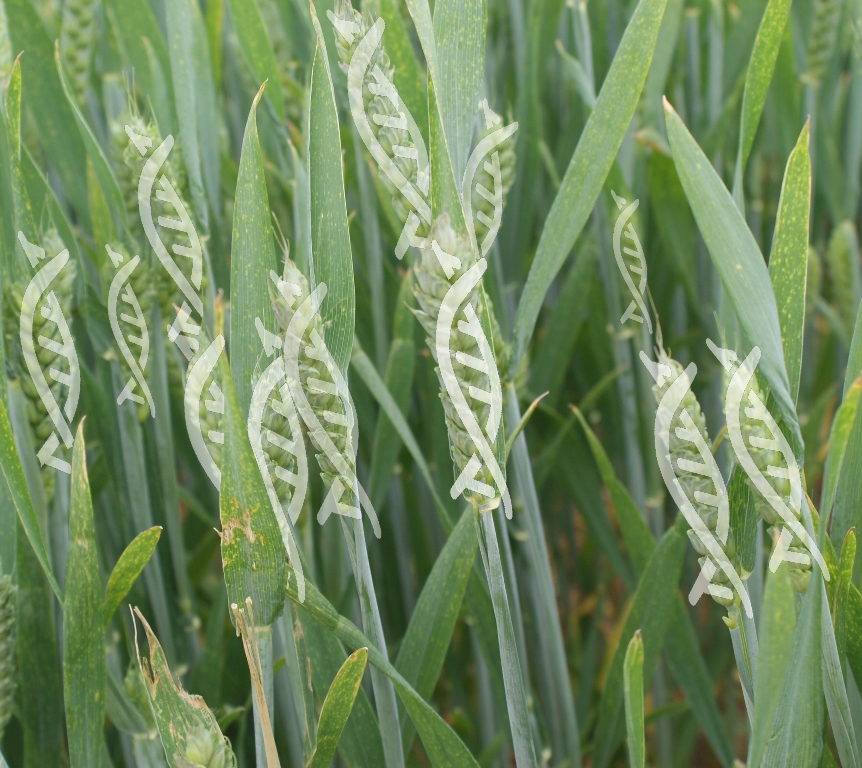UK policy needs to optimise and allow novel breeding techniques – such as gene editing – in order for farming to become part of the climate change solution, according to experts from Bayer. Charlotte Cunningham reports.
Speaking at the Anglia Farmers ‘Shaping the Future’ crop production conference this week, Bayer’s Mark Buckingham told delegates about the importance of future regulations allowing the industry to innovate with techniques such as gene editing.
“If policy makers are serious about climate change and food shortages – why are they blocking gene editing?” asked Mark. “Politicians are stuck in precautionary mode in Europe and are holding new technology to impossibly high standards when we’re facing urgent problems.
“We need to get serious about climate change – as well as how long it takes to develop products – and lets get on with it.”
Public support
Despite the hesitancy from policy makers, research commissioned by the plant-breeding industry has shown that the general public do seem to be in favour of such techniques.
“We carried out a survey of 2000 UK consumers with ABC (Agricultural Biotechnology Council), which asked: if climate change and pressure on biodiversity meant we needed to change how we farm, how would you like to see us change?” explained Mark.
Perhaps rather interestingly, the option that came out on top was the implementation of new technology and innovation – including new breeding techniques – which 72% of consumers agreed they would back, according to the data.
The poll results also showed that consumers were less prepared to change their diet (including the optimisation of insects as a protein source) and were undecided on a question specifically looking at GM crops – with a 41% vote for both yes and no, he added.
Future regulations
With this in mind and an eye on how future policy might look, Mark highlighted some of the key questions he believes need to be considered, including:
- How closely will we stay aligned to EU rules?
- In which industry sectors?
- For which technology, over what time frames?
- Where is the balance of risk and opportunity for farming?
“Bayer believes policy issues should be approached by looking at three things: Safety, transparency and sustainability,” said Mark. “We need policy makers to let agriculture be part of the solution. While agriculture has a big impact on the environment, it’s an essential industry, so putting the provisions in place to allow us to innovate will really help to minimise that impact.”




